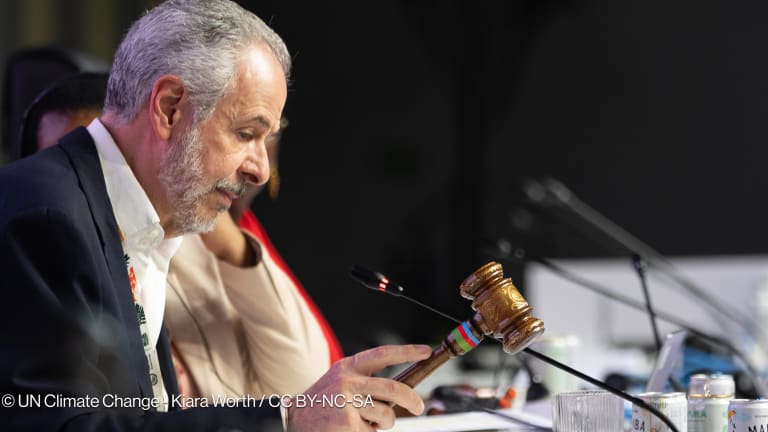As United Nations member states negotiate the future of development financing, the stakes have never been higher for gender equality. Negotiations are unfolding against massive cuts to development assistance, fractures in multilateral discussions, and escalating attacks on the rights of women and LGBTQ+ people.
Without bold commitments, the Fourth International Conference on Financing for Development, or FfD4, starting this June risks failing to deliver the resources needed to advance women's rights, economic justice, and the Sustainable Development Goals. With the 2030 target for achieving the SDGs fast approaching, this is one of the last opportunities to mobilize the resources necessary to meet gender equality commitments.
Actions to counter these rollbacks are urgently needed. FfD4 is one potential arena for this fight. States that believe in the rights of all can mobilize coalitions to protect past agreements and identify where small steps forward are possible in FfD4 negotiations. This will require concrete strategies and the investment of diplomatic resources.








